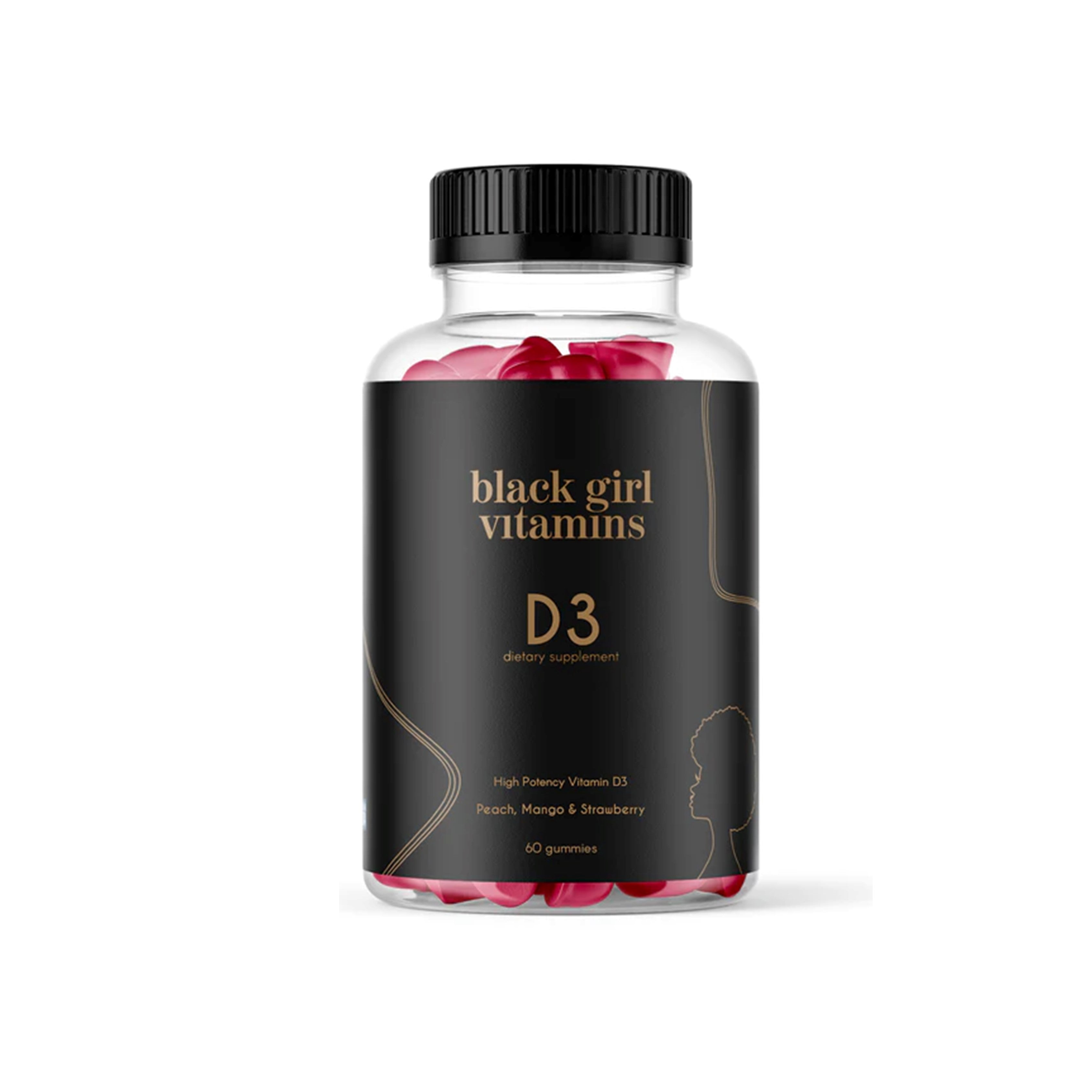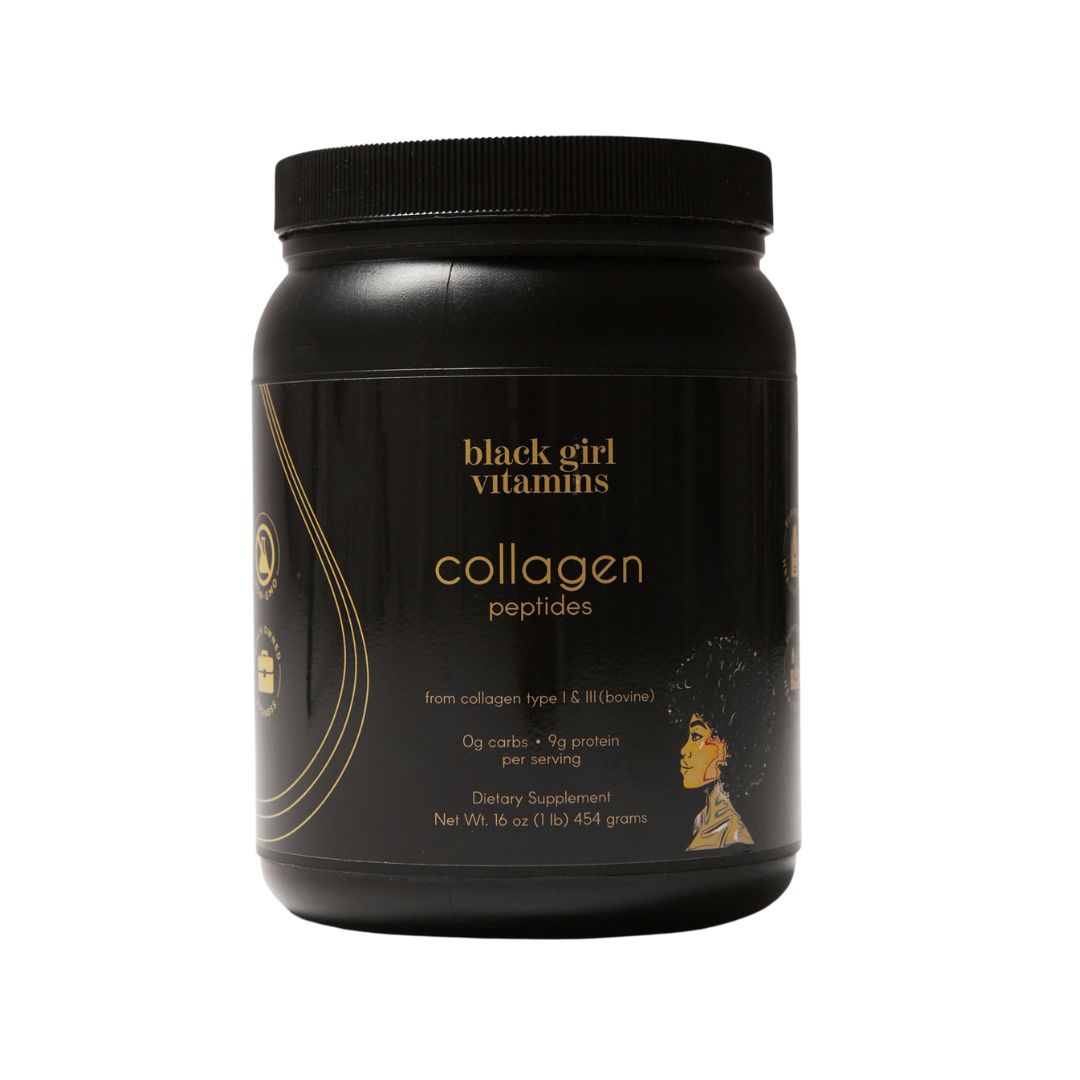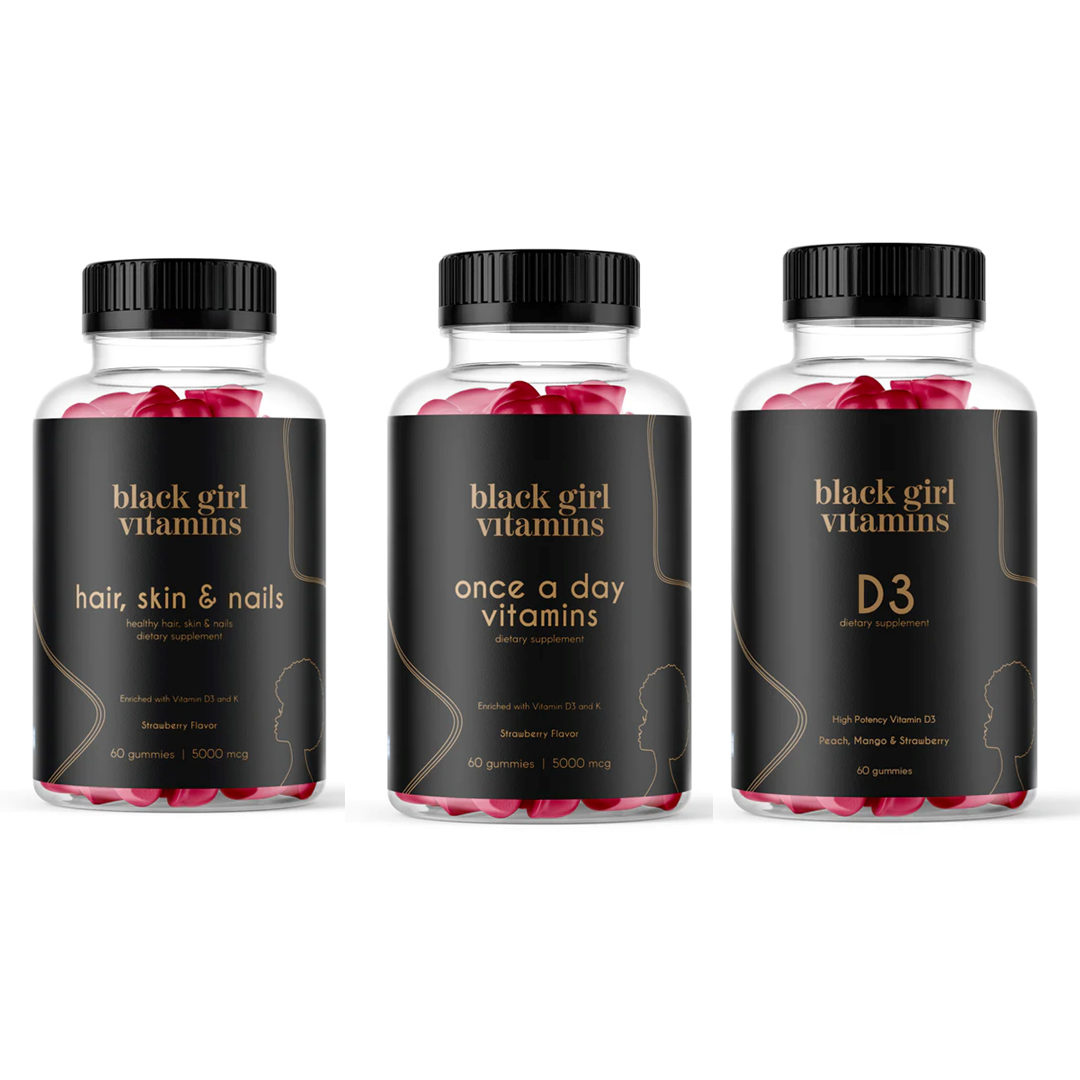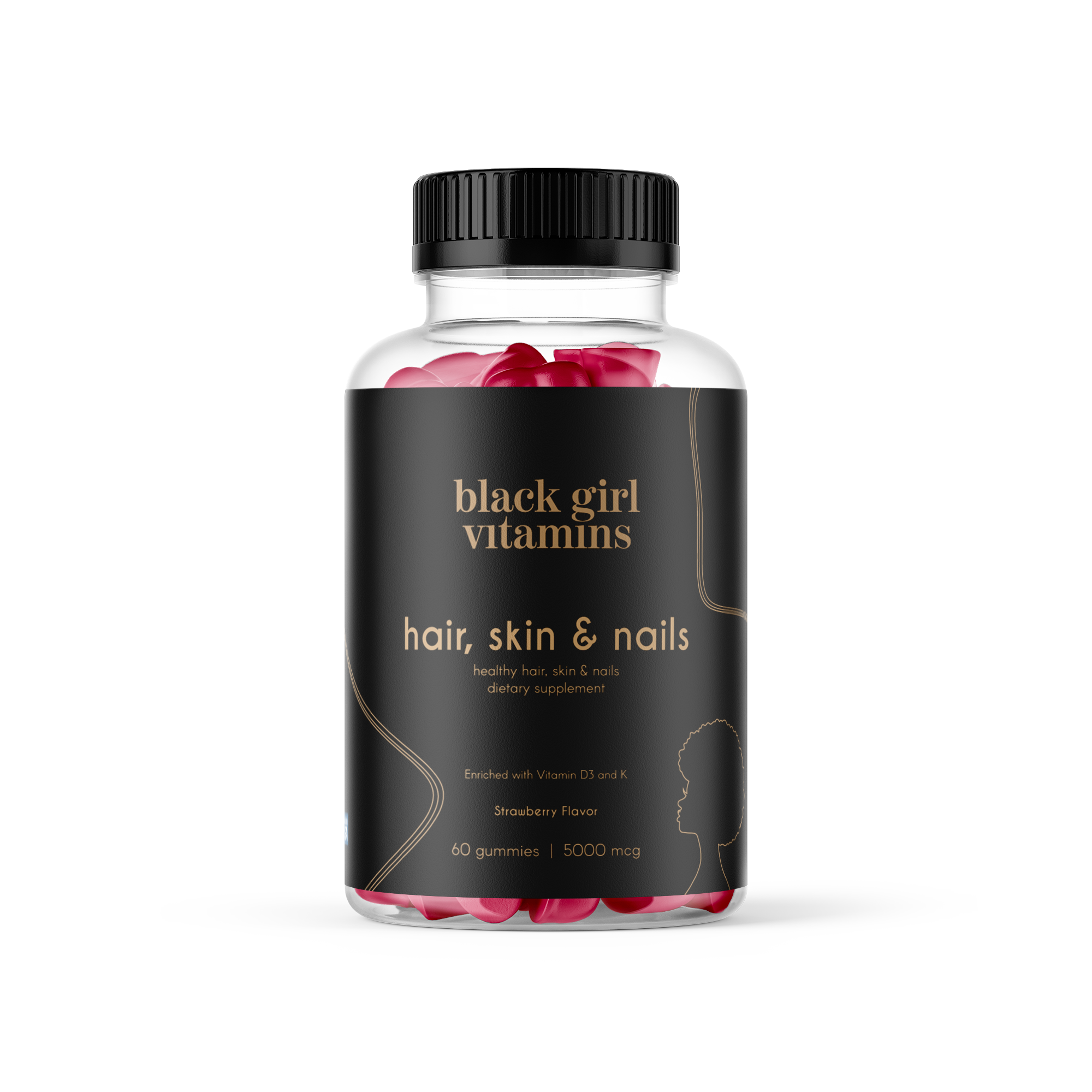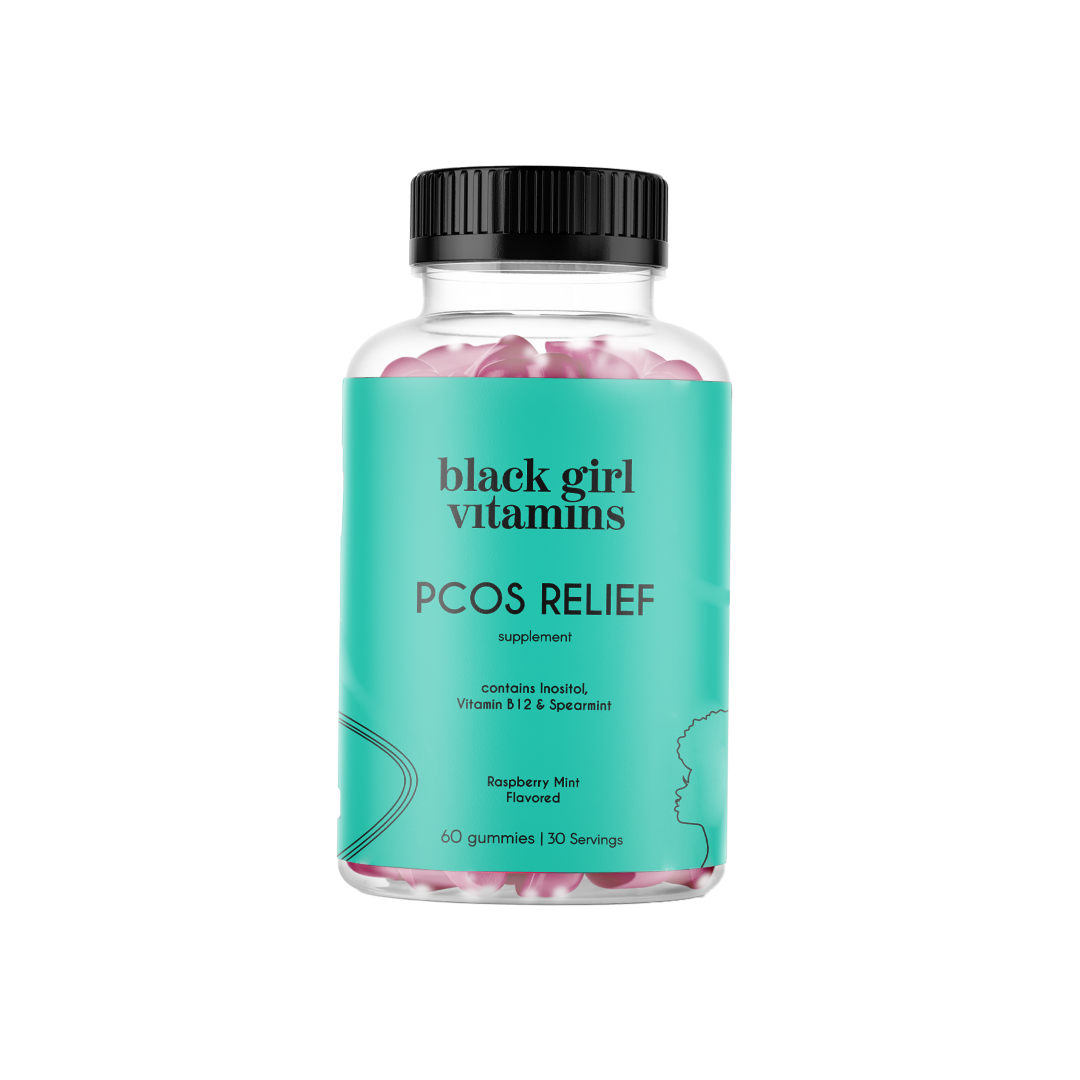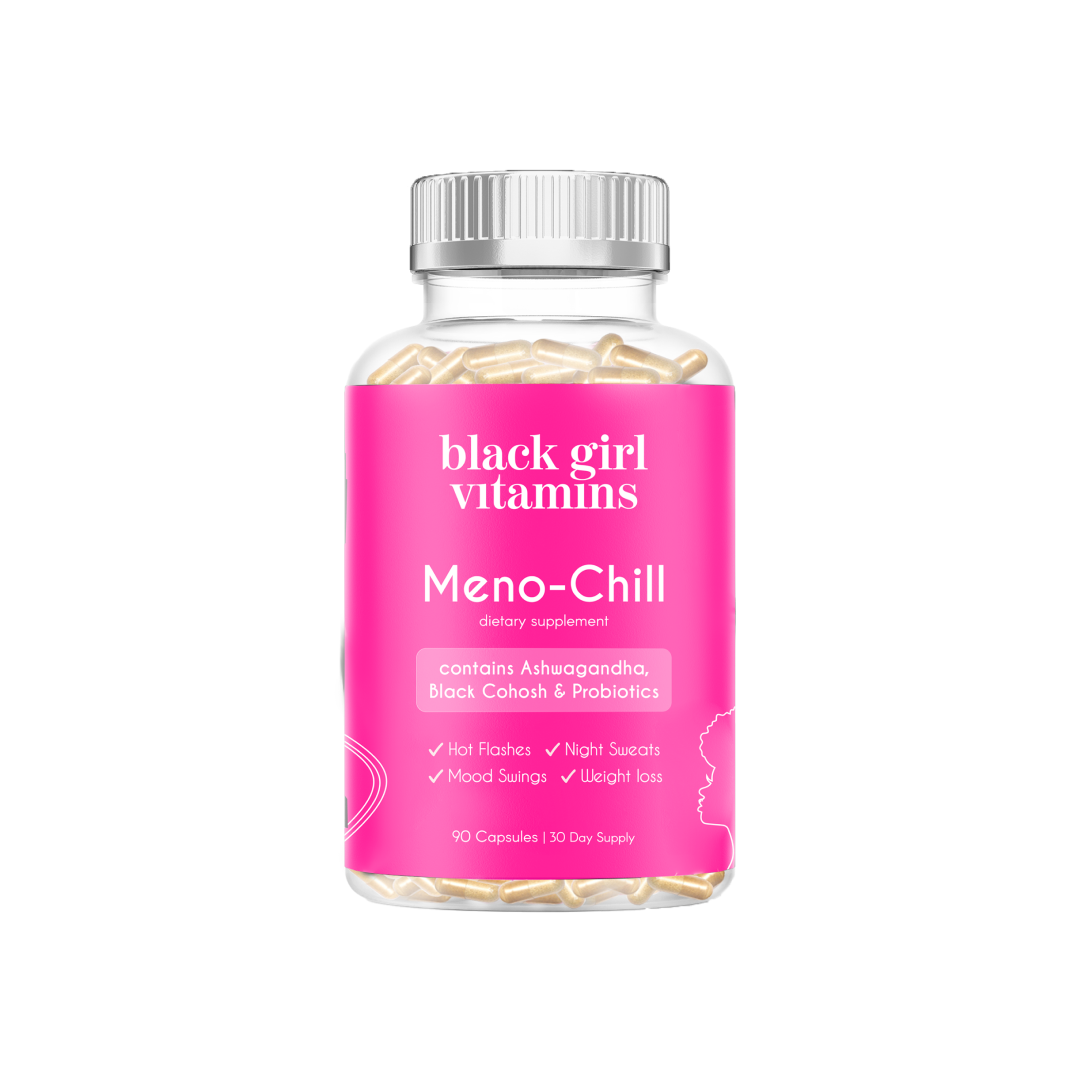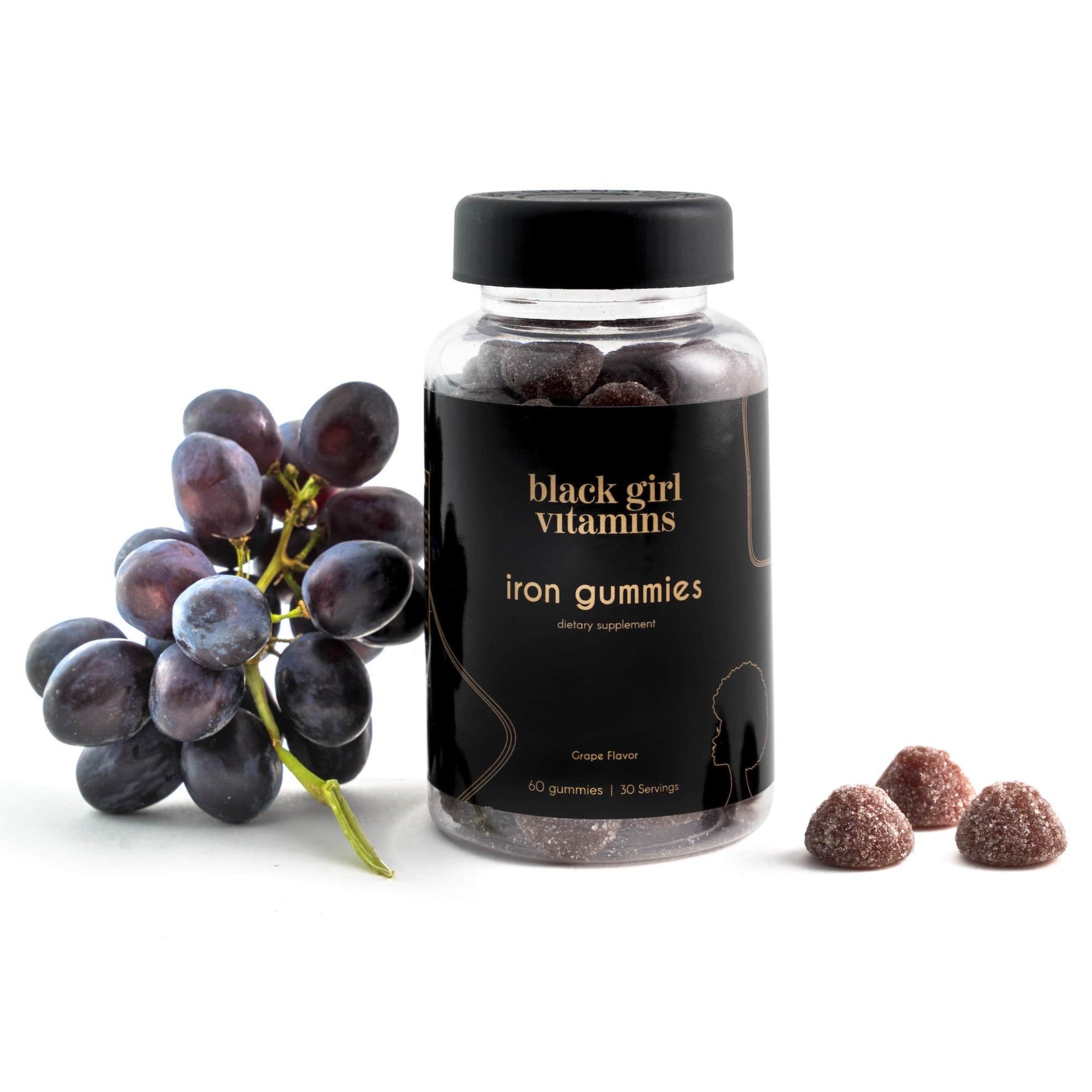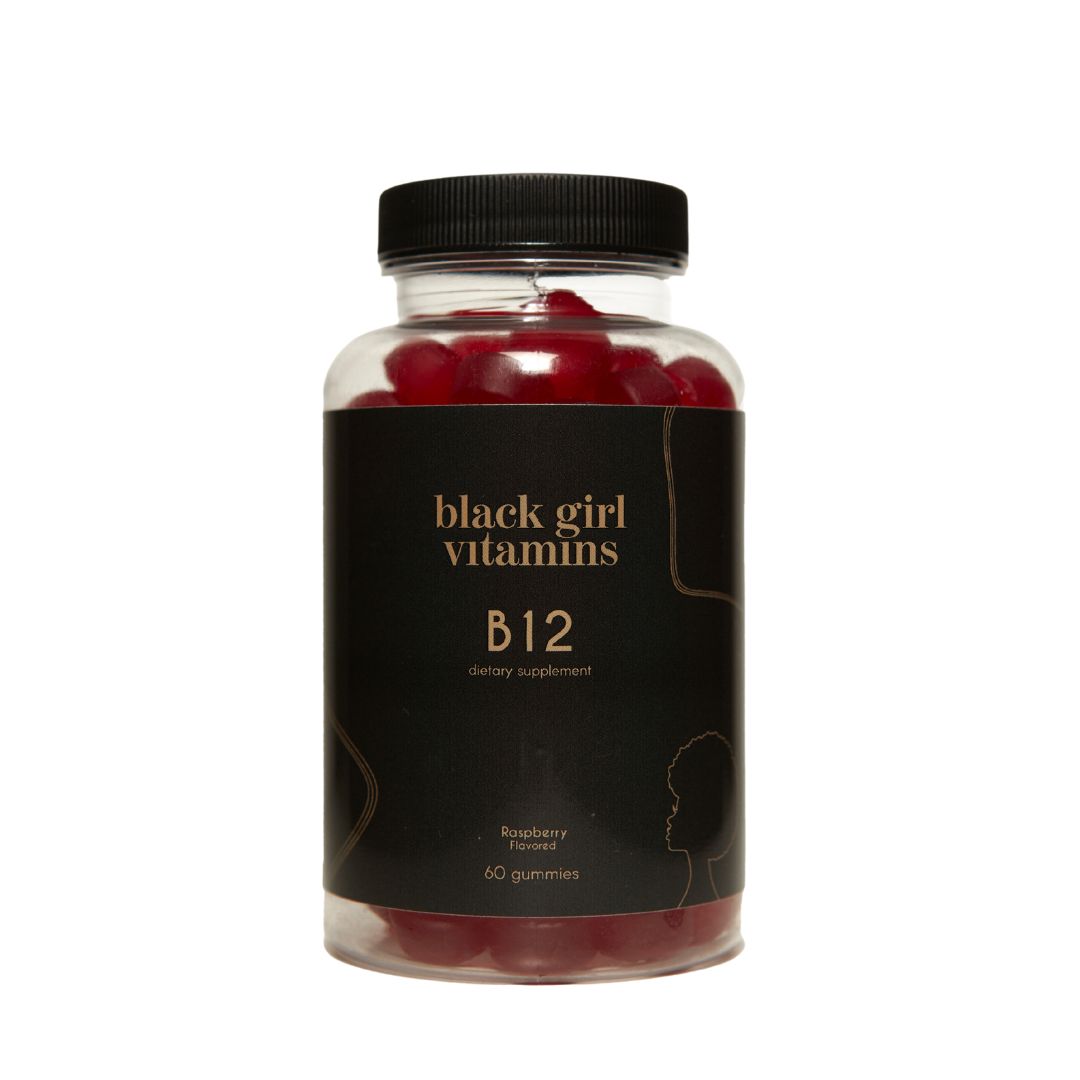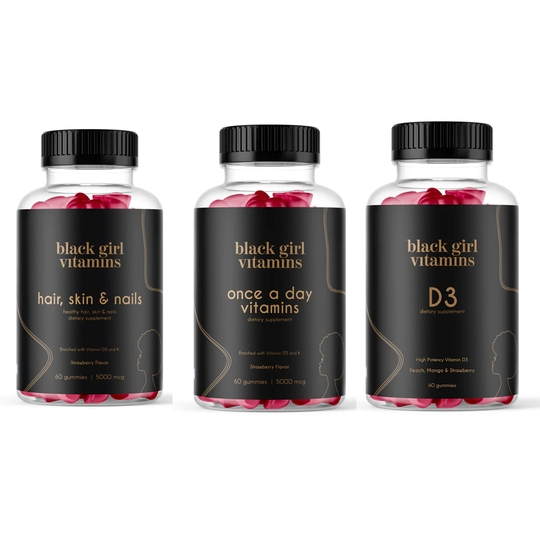Strategic Health Optimization for Black Women Over 40
The transition into the fifth decade of life presents Black women with both unprecedented opportunities and unique health challenges that require strategic nutritional approaches. While this life stage often brings career advancement, financial stability, and personal clarity, it also introduces physiological changes that demand proactive wellness management. Research reveals that Black women experience distinct health patterns during midlife that differ significantly from other demographics, creating the need for targeted interventions that address both emerging health risks and existing disparities.
Understanding the specific health transitions that occur after 40 enables Black women to implement preventive strategies that optimize well-being while addressing the systemic factors that contribute to higher disease rates within this community. The most effective approach combines evidence-based nutritional support with lifestyle modifications that build resilience against the health challenges that typically emerge during this crucial decade.
The Metabolic Shift: Understanding Midlife Changes
Research demonstrates that women gain an average of 10 kilograms between the ages of 40 and 60, with this weight gain often concentrated around the midsection due to hormonal changes and metabolic shifts (PMC). For Black women, this metabolic transition occurs against a backdrop of existing health disparities that can amplify the risks associated with midlife weight gain and metabolic dysfunction.
The Study of Women's Health Across the Nation reveals that Black women reach menopause approximately 8.5 months earlier than white women and experience more severe symptoms, including hot flashes, depression, and sleep disturbances (University of Michigan). These disparities reflect both genetic factors and the cumulative impact of stress and environmental influences that affect hormonal transitions.
Menopause transition also results in lipid profile changes, with 10-15% higher LDL cholesterol and triglyceride levels alongside slightly lower HDL cholesterol levels. This metabolic shift increases cardiovascular disease risk during a period when Black women already face elevated baseline risk for heart disease and diabetes.
Bone Health: The Silent Priority After 40
Bone density loss accelerates significantly during perimenopause and menopause due to declining estrogen levels that support bone formation. Research indicates that low calcium intake and vitamin D deficiency demonstrate a positive correlation with osteoporosis prevalence (PMC). For Black women, who experience vitamin D deficiency at rates approaching 76%, bone health requires particularly strategic attention during midlife.
Unfortunately, over 50% of women treated for bone loss maintain inadequate vitamin D levels, while 90% of women may not receive sufficient calcium through dietary sources alone. These deficiencies create compounding risks during the very period when bone preservation becomes most critical for long-term health outcomes.
The National Osteoporosis Foundation recommends that women over 50 obtain 1,200 mg of calcium daily from all sources, along with adequate vitamin D to support calcium absorption and bone formation. For Black women with existing vitamin D deficiency, achieving optimal bone health often requires higher supplementation levels than general population recommendations.
Cardiovascular Health: Addressing Disproportionate Risk
Black women face significantly elevated cardiovascular disease risk compared to other demographics, with hypertension affecting this population at rates 20% higher than non-Hispanic white adults. The cardiovascular risk factors that emerge after 40 require proactive nutritional management that addresses both general heart health and the specific challenges facing Black women.
Omega-3 fatty acids provide crucial cardiovascular protection through their anti-inflammatory properties and support for healthy cholesterol profiles. These essential nutrients help counteract the lipid changes that occur during menopause while providing protection against the inflammatory processes that contribute to cardiovascular disease development.
Magnesium supplementation offers additional cardiovascular benefits while supporting stress management during midlife transitions. Adequate magnesium levels help regulate blood pressure, support healthy heart rhythm, and provide the stress-buffering effects that prove particularly valuable during periods of hormonal transition and life adjustment.
Hormone Balance and Energy Optimization
The hormonal fluctuations that characterize perimenopause and menopause create wide-ranging effects on energy levels, mood stability, and overall well-being. B-complex vitamins provide essential support for adrenal function and energy production during periods when hormonal changes disrupt normal metabolic processes.
Vitamin B6 specifically supports hormone regulation and neurotransmitter synthesis, helping to manage mood changes and sleep disturbances that commonly accompany midlife hormonal transitions. Combined with other B-vitamins, this nutrient helps maintain energy production and neurological function during periods of physiological adjustment.
Iron requirements may shift during midlife, particularly as menstrual patterns change during perimenopause. While iron needs typically decrease after menopause, the irregular bleeding patterns common during perimenopause can increase iron requirements and risk of deficiency during this transitional period.
Strategic Implementation: Personalized Supplementation Approaches
The most effective supplementation strategy for Black women after 40 involves a comprehensive assessment of individual risk factors and existing nutritional status. Vitamin D testing provides crucial baseline information for determining appropriate supplementation levels, particularly given the high deficiency rates within this demographic.
Regular monitoring of key health markers, including lipid profiles, blood pressure, and glucose levels, enables targeted nutritional interventions that address emerging health risks before they develop into chronic conditions. This proactive approach proves particularly valuable for Black women, who face higher risks for diabetes, hypertension, and cardiovascular disease.
The timing and combination of supplements affect their overall effectiveness during midlife wellness optimization. Calcium and vitamin D work synergistically for bone health, while magnesium and B-vitamins provide complementary support for stress management and energy production. Iron supplementation may require separate timing to avoid absorption interference with other minerals.
Building Long-Term Wellness Resilience
The wellness journey after 40 requires understanding that preventive nutrition becomes increasingly important as the body's natural resilience decreases and disease risks accumulate. Strategic supplementation provides a foundation for health optimization that supports both immediate well-being and long-term disease prevention.
Black women who implement comprehensive nutritional strategies during midlife position themselves for healthier aging while addressing the health disparities that disproportionately affect their community. This approach recognizes that optimal aging requires proactive intervention rather than reactive treatment of health problems after they develop.
The investment in targeted wellness support during the crucial post-40 period creates dividends that extend throughout the later decades of life. By addressing nutritional deficiencies, supporting hormonal transitions, and implementing preventive strategies, Black women can navigate midlife challenges while building the foundation for vibrant, healthy aging that defies statistical expectations and supports their personal and professional goals throughout their later years.
Ready for experiencing supportive and tailor-made skin protection? Visit blackgirlvitamins.co to explore scientifically formulated supplements designed to support your skin's natural protective abilities.





